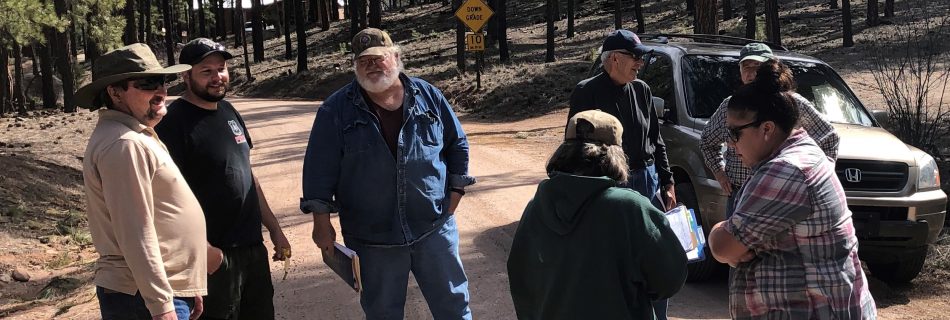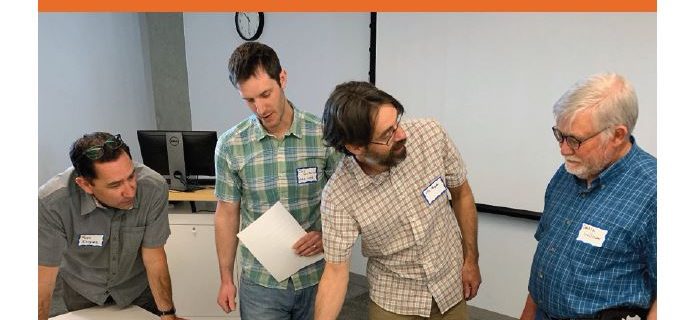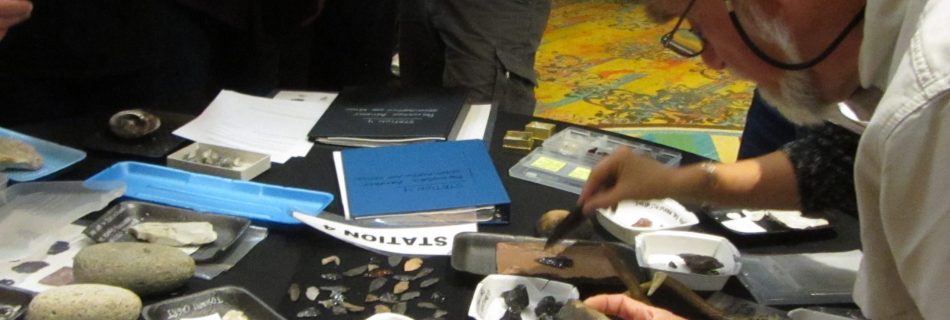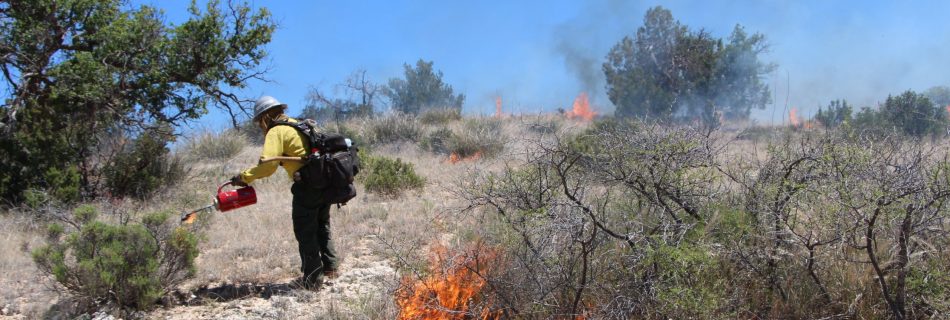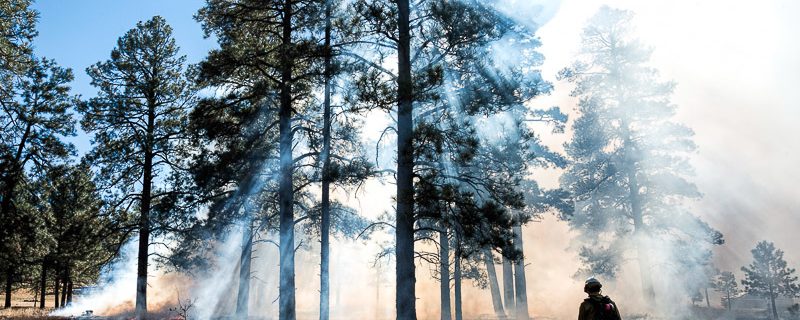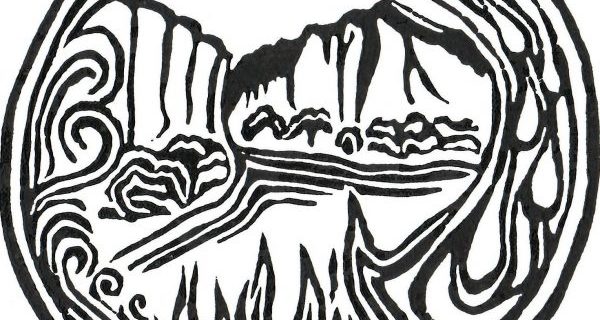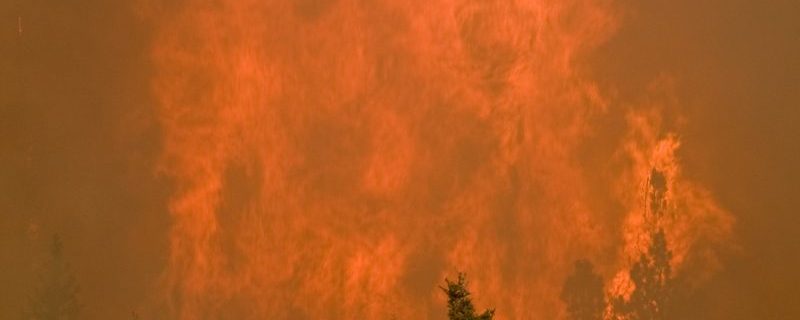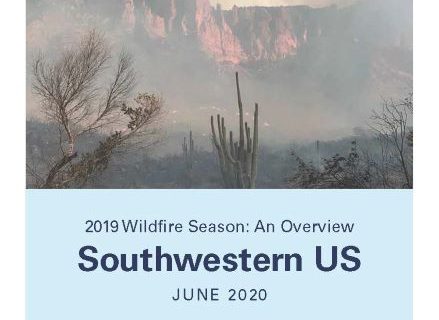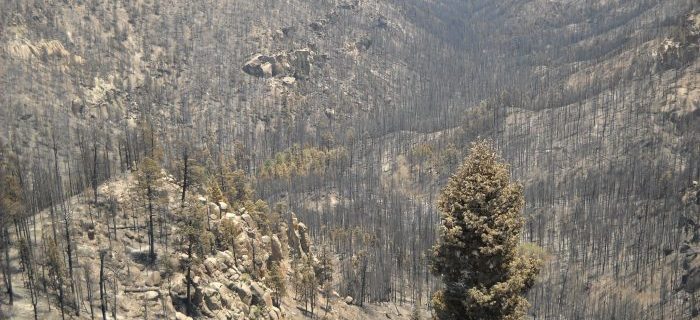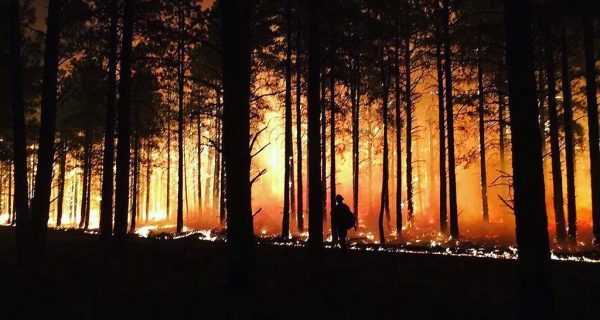Let’s talk WUI
Hot and Dry Podcast Series EPISODE SUMMARY We talked with two scientists about life in the Wildland Urban Interface or WUI. We were particularly curious about why people choose to move into these areas even when the risks are well known and have been demonstrated pretty dramatically in the past few years. We wanted to …

